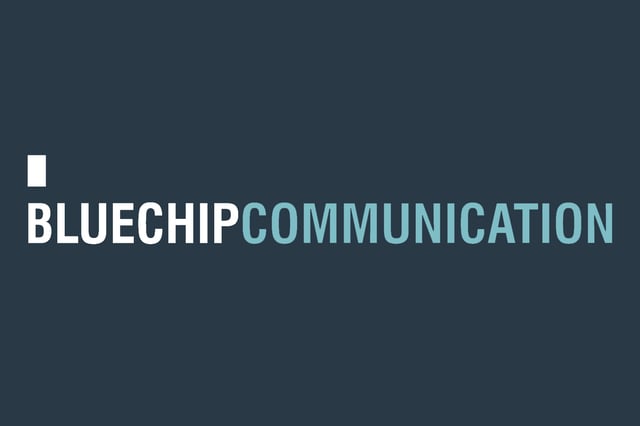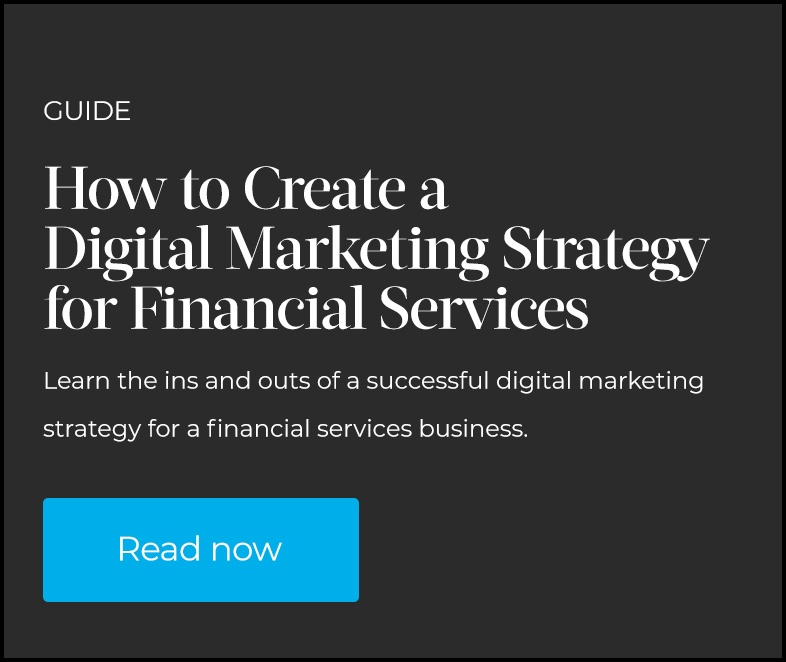
Davia Temin is a highly experienced global reputation strategist. As CEO of Temin and Company, she’s responsible for creating, enhancing and saving reputations for major corporations, institutions, products, and individuals. BlueChip spoke with Davia about what the financial services industry needs to know about reputation management.
1. What’s your definition of ‘reputation management’?
Reputation management is the strategic definition and tactical iteration, support, monitoring and correction of an individual’s or an organisation’s public persona. We all have an individual reputation, among our friends, family, co-workers, bosses, industry peers, and sometimes with the press and general public. And companies have reputations with all their primary stakeholders. Those reputations can be true and authentic; they can resonate with one’s own aspirations and actions. Or they can be way off base. The task of reputation management is to first determine what the most positive, compelling, desirable and truthful positioning a company or individual can adopt, and then find ways to intelligently, tirelessly, and effectively communicate that reputation to all key constituencies.
2. When it comes to reputation management what is the biggest ‘do’?
Whatever reputation one seeks to put forth, one must make sure that it is put forth consistently, continually, and authentically. You cannot pretend to be something you are not. For example, a company that is totally bottom-line driven, and where individual workers are seen as replaceable, cannot pretend to put employees first. Should they seek to put forth that reputation, they will fail. However, they can put forth a reputation of being laser-focused on enhancing shareholder value. That will be resonant, and sustainable. So, the biggest “do” is make sure to live your brand, live your reputation, with every action you take. Whether it is difficult or easy, make sure to stay true to your brand promise.
3. The biggest ‘don’t’?
Don’t act at variance with your reputation or brand. And certainly do not seek to be something that you are not. Years ago, Citicorp wanted to put on an ad campaign that said, basically, “Our Tellers Love Customers.” The problem was, during lunch hours, the bank teller lines were atrocious. If someone wanted to do their banking at lunch, they would have to spend their entire lunch hour in line! So, Citicorp very wisely decided, 9 months before they mounted the campaign, to completely revamp their teller system. Tellers could not take their own lunches during customer lunch times…and the lines were reduced to five minutes. Then, when customers had already “felt the love”, Citicorp could start its campaign that “Tellers Love Customers”. By that time it was believable, because it was true.
4. What is the worst reputation management fail you’ve seen?
The abrogation of public trust in a crisis, by a company that has a trustworthy reputation, is the worst thing possible. Take, for example, TEPCO, the owners of the Japanese nuclear plant Fukushima, that went critical after the Tsunami and earthquake of 2011. TEPCO had a very solid reputation as a trustworthy manager of the reactors. But, when the reactors breached, and spilled out radioactive material after the tsunami, TEPCO lied. They denied anything had happened. And because people believed them, lives were lost or compromised. This is unforgiveable, in the reputational field. TEPCO lost credibility, lost trust, and clearly lost their reputation, for the long haul.
5. Do you think the concept of ‘reputation management’ has changed since the advent of social media? If so, what has been the primary change?
Absolutely. Today, reputations are made and broken in the blink of an electron. News circles the globe in nanoseconds, provoking worldwide comment in real time. And, the news is often indelible, remaining discoverable on the web forever. In addition, the social media audience is a more cynical, vocal, and often rude one, that sometimes sees destroying reputations as a high sport. That is a dangerous social media three-fer, unless one watches every word one says, and every action one takes…and almost no organisation or individual can do that 100% of the time, flawlessly.
6. What is the best advice you’ve ever received about protecting reputation?
This is the advice I give my clients: In a crisis, tell the public as much as you can – strategically – as soon as you can, and keep on communicating, even over-communicating at every opportunity. No one ever lost their reputation by communicating too frequently. And as long as you stay strategic, smart and on-point, and make sure that those who you are telling are trustworthy, your reputation will only benefit. Proactivity that is resonant and true is a powerful reputation protector.
In addition to running her own business, Davia also writes a Forbes.com column called Reputation Matters and is a contributor to The Huffington Post and The American Banker.











